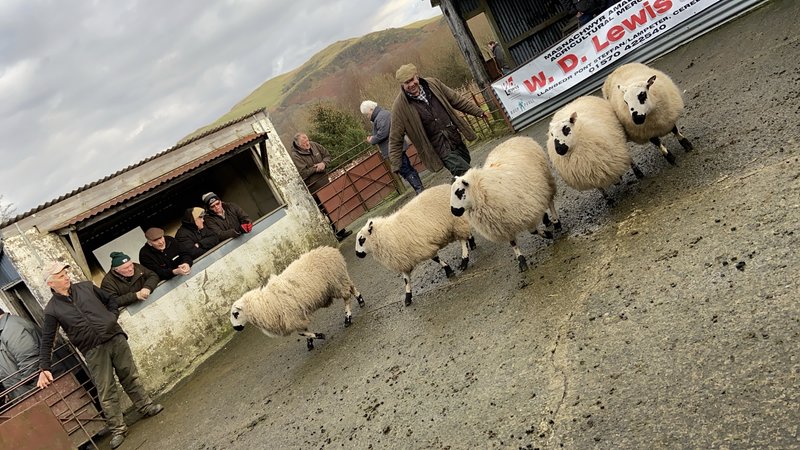
Happy New Year to you all, hopefully this will be a kind and successful year for us all as we positively look forward to the start of another year.
It's hard to believe it's 2020! Time really does go quickly. Ladi Fach Tŷ Ni is growing and is no longer little! But the passion for farming continues! She has also developed a keen interest in going to the mart, when school holidays allow. Looking back at my own childhood, I also loved going with my father to Tregaron mart every fortnight during the summer holidays. But what is the importance of our marts today?
One who knows better than anyone is our Account Executive Mared Hopkins who looks after insurance customers in north Ceredigion, from Talybont down to Tregaron and over to Llanrhystud. A crucial element of Mared's daily work is attending the area's livestock markets, a cattle mart in Tregaron alternate Tuesdays and a sheep mart every Friday. Aberystwyth mart is monthly, with a mart held in Devil's Bridge weekly from July to December, then monthly from January to May.
Here is Mared to explain more about her work at the mart: -
How important are the area's small marts to your work?
In my area of North Ceredigion, there is a livestock mart in Aberystwyth, Devil's Bridge and Tregaron. I try to attend each one within reason. I'm from a farming background so I have an interest anyway and it's a chance for me to have a chat with existing clients and welcome new customers. My background enables me to understand the anxieties associated with farming, while also being aware of the uncertainties ahead.
Often when I call to see people at home to discuss insurance etc - the subject of mart prices almost always comes up, so it's handy to know the trade. Word of mouth is key to how I have developed in my work and attending these marts has played a big part. Showing my face in a mutual place is sometimes enough, and if there is an opportunity to give advice or provide an insurance quote, I will make every effort to do so with care and attention.
Do you see a future for the marts?
These marts are full of kind rural characters of all ages, with generations before us who have farmed the area for centuries. Because of this I feel that the support for these marts is strong and that people are aware of the importance of preserving, maintaining and supporting them. The world is changing and the recent negative coverage of agriculture is encouraging people that local, sustainable produce is playing a big part in the future of farming worldwide. The biggest concern of these small marts is the price they get for their produce - we hear of falling and rising prices - farmers have no guarantee from week to week.
I often notice that many of the people who come to these marts use it as a place to meet their neighbours, discuss their work, the area's news and even their concerns – it’s part of their week. You often hear about how lonely working in agriculture is, it is important that the community has somewhere like this to attend, and make time to go, our lives are so busy most of the time and not enough hours in a day.
I very much hope that there is a future for these markets - they are a huge part of our industry for selling our local produce on the doorstep, and above all another tradition we don't want to lose in the countryside. The world is changing very fast and as we know - once you lose something it is very hard to get back.
Mared refers to Devil's Bridge mart, which is a fine example of a mart, albeit relatively small in size, which has been at the heart of the agricultural community for over a hundred years. The importance of the marts is invaluable to farmers, and the local area, a great example of #FarmingMatters!
 With more people at home and more time to be in the kitchen, it's the perfect opportunity to try new things. Why not try making your own yoghurt? Kids will love to help and see the process, and you'll support our dairy farmers at the same time!
With more people at home and more time to be in the kitchen, it's the perfect opportunity to try new things. Why not try making your own yoghurt? Kids will love to help and see the process, and you'll support our dairy farmers at the same time!


 It came out of nowhere and hit us hard from the outset. Nobody here could have fathomed the changes this global pandemic would bring in terms of the economic impact, and changes to lifestyle.
It came out of nowhere and hit us hard from the outset. Nobody here could have fathomed the changes this global pandemic would bring in terms of the economic impact, and changes to lifestyle. 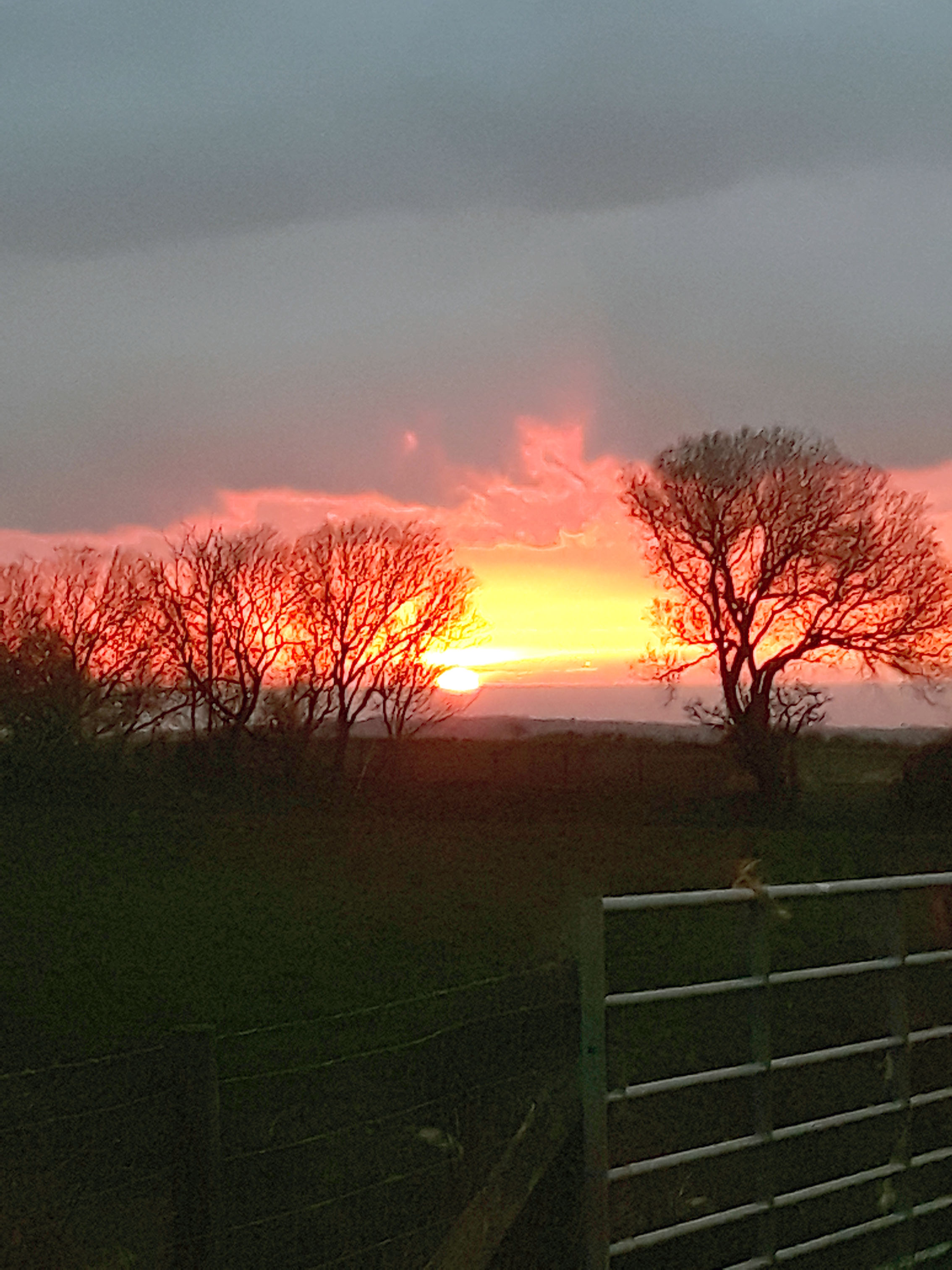 Yes! I'm here. Cornel Clecs is a little different this month under the circumstances. I started writing the column on Monday 16th March. Things were pretty 'normal' then – whatever the definition of normal is by now! Life was plodding on, Ladi Fach Tŷ Ni had a hospital appointment, and it was 'business as usual' there. The schools were still open, but the supermarkets and larger shops were showing signs of something big that was about to happen.
Yes! I'm here. Cornel Clecs is a little different this month under the circumstances. I started writing the column on Monday 16th March. Things were pretty 'normal' then – whatever the definition of normal is by now! Life was plodding on, Ladi Fach Tŷ Ni had a hospital appointment, and it was 'business as usual' there. The schools were still open, but the supermarkets and larger shops were showing signs of something big that was about to happen.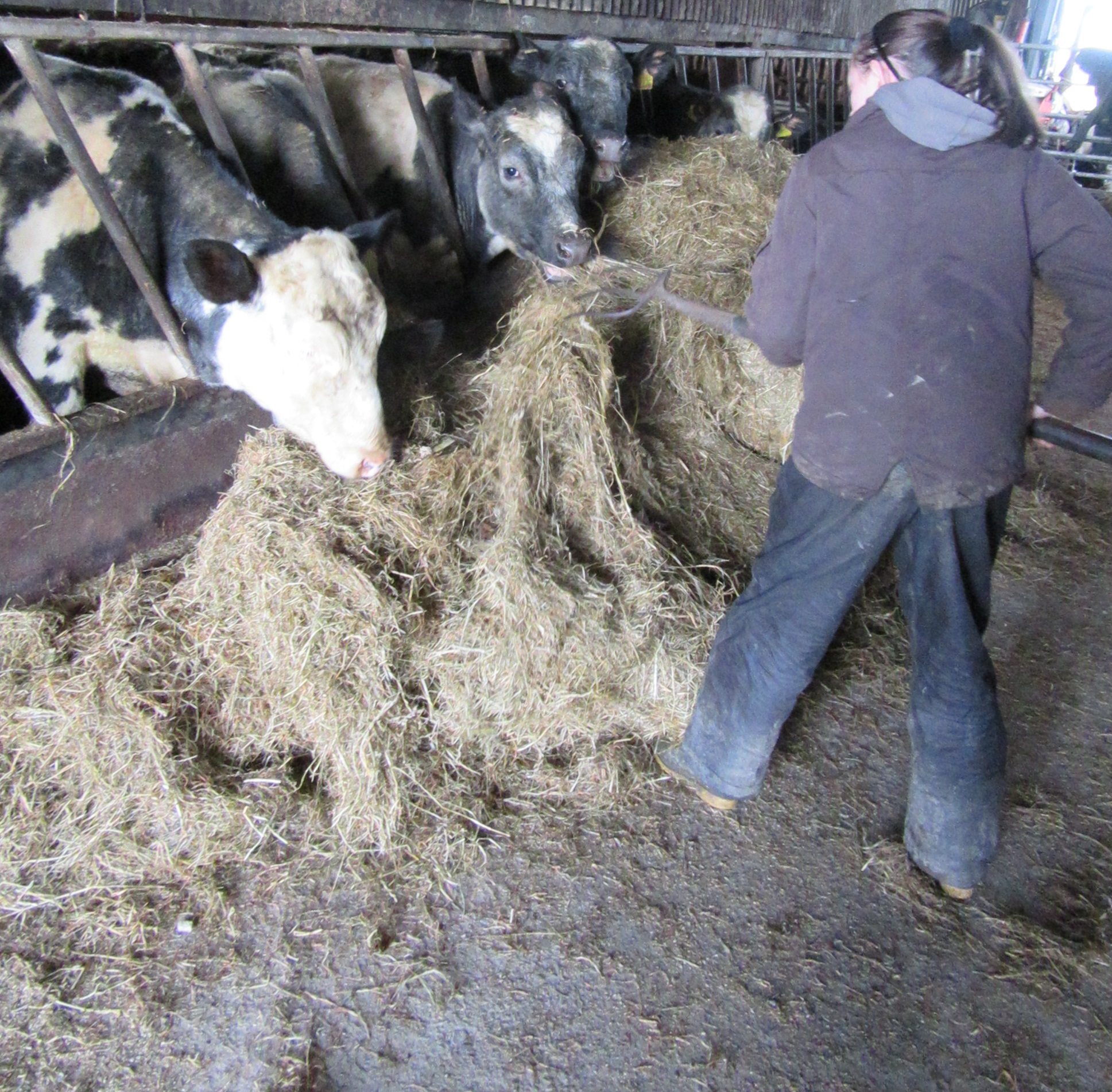 Yes! I'm one of the thousands of people who spend an hour, or two (or three…) on social media every day! Social media is all about sharing, learning, interacting and marketing. But for you and I, its main purpose is to stay in touch with people.
Yes! I'm one of the thousands of people who spend an hour, or two (or three…) on social media every day! Social media is all about sharing, learning, interacting and marketing. But for you and I, its main purpose is to stay in touch with people.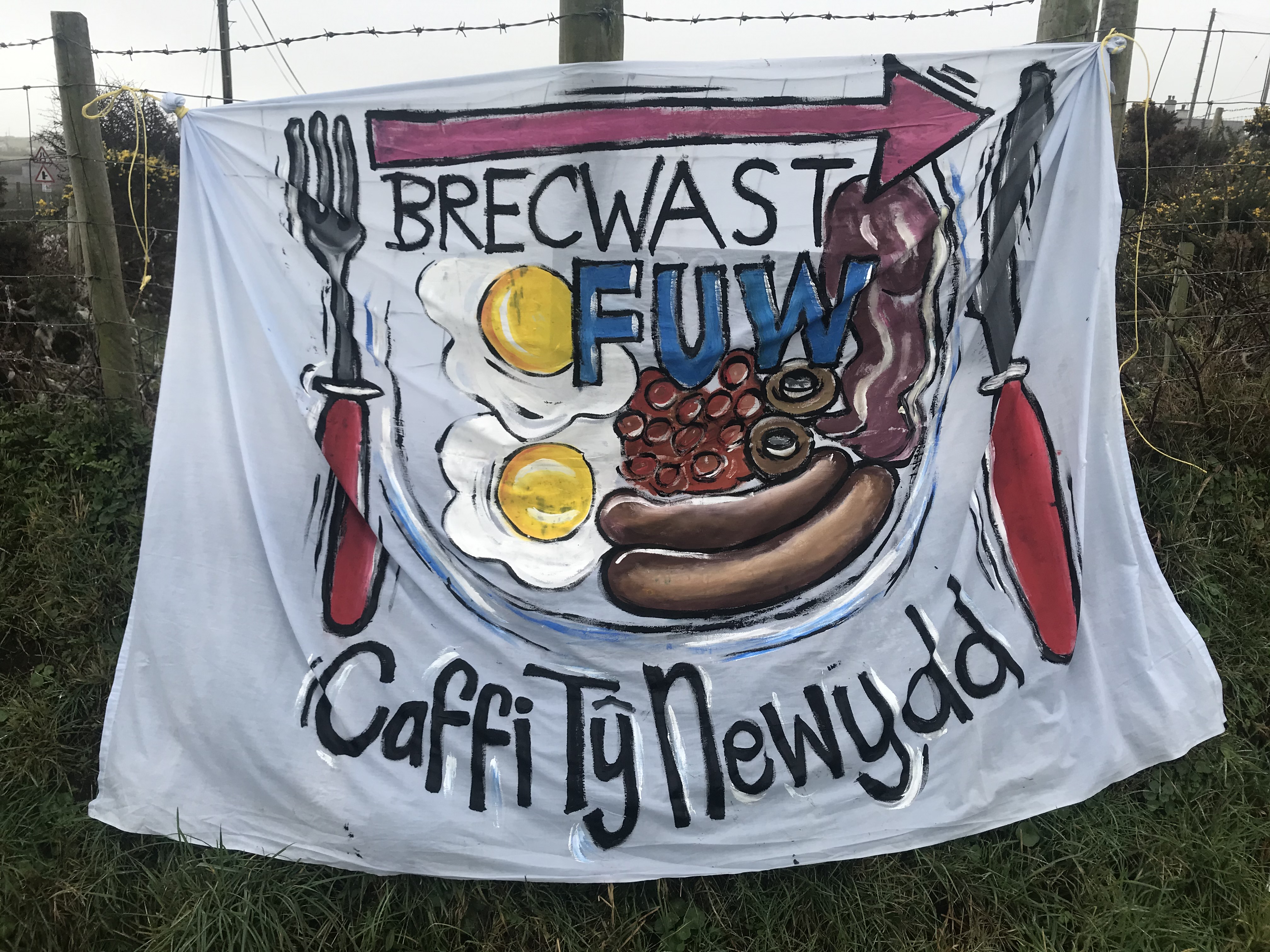

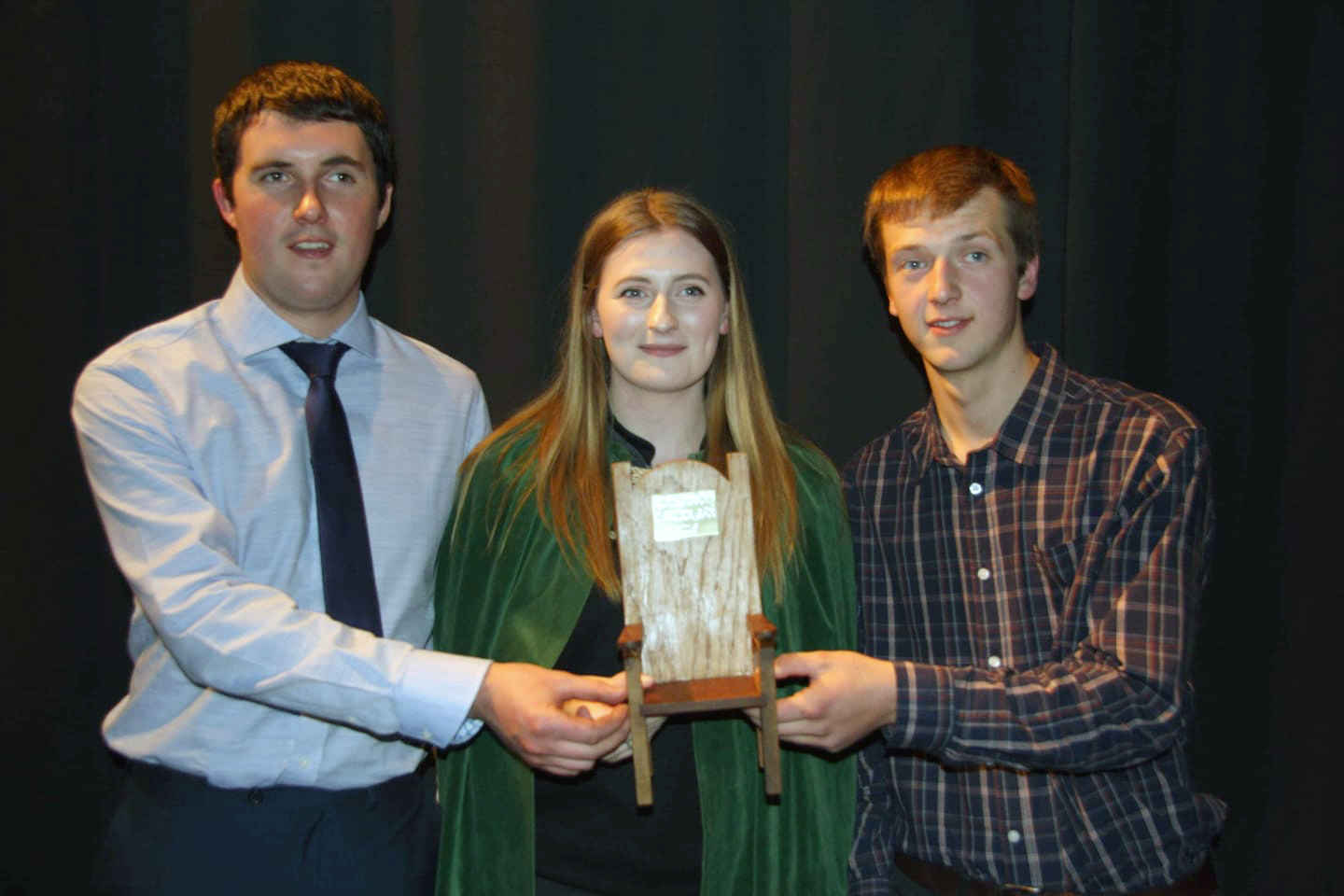 Looking out through the window of the Corner Clecs office, the leaves have now gradually changed to the autumnal colours and although we are now in November, surprisingly the leaves are holding on to the trees. Aside from nature’s signs that winter is upon us, there are also other events such as the Winter Fair imminent as a reminder that the end of another year is fast approaching.
Looking out through the window of the Corner Clecs office, the leaves have now gradually changed to the autumnal colours and although we are now in November, surprisingly the leaves are holding on to the trees. Aside from nature’s signs that winter is upon us, there are also other events such as the Winter Fair imminent as a reminder that the end of another year is fast approaching.